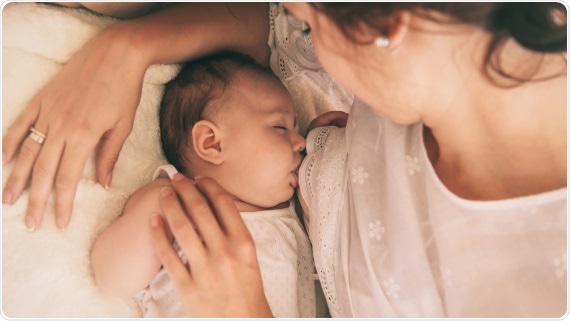Jul 7 2017
Peer support for breastfeeding mothers is not available in many areas of the UK, finds a study by Cardiff University.

The researchers obtained data from almost every NHS organization in the UK that provides maternity services and found that peer support was only available in 56% of NHS Trust/NHS Health Board areas. They also found a variation in what was provided within and between areas.
Dr Aimee Grant from Cardiff University’s Centre for Trials Research, said:
Contrary to national guidance, which states that peer support should be available in the UK to aid the initiation and continuation of breastfeeding, we found that coverage both across the country and within regions was variable. In addition, around one third of the health professionals we surveyed felt that breastfeeding peer support services were not well integrated with other NHS health services which supported new mothers.
The study also found:
- variation in the content and service delivery of peer support services was often related to financial constraints within organizations
- even though many services aimed to meet the needs of mothers from poorer social backgrounds, they did not attract them as service users
- breastfeeding support groups and peer support services were not routinely keeping records of service use
Professor Shantini Paranjothy from Cardiff University’s School of Medicine, who leads a larger programme of work in this area, commented:
The World Health Organization recommends that infants should be exclusively breastfed for the first six months of life but only 1% of women in the UK are able to meet this standard and over three quarters of women stop breastfeeding before they would have liked to. Peer-support has been shown to help women breastfeed for longer in some countries. Our survey showed there is wide variation in what is available to women in the UK. More research is needed to find the most effective ways to provide peer support to help mothers who wish to breastfeed in the UK.